David Levering Lewis - King: A Biography
Here you can read online David Levering Lewis - King: A Biography full text of the book (entire story) in english for free. Download pdf and epub, get meaning, cover and reviews about this ebook. year: 2012, publisher: University of Illinois Press, genre: Detective and thriller. Description of the work, (preface) as well as reviews are available. Best literature library LitArk.com created for fans of good reading and offers a wide selection of genres:
Romance novel
Science fiction
Adventure
Detective
Science
History
Home and family
Prose
Art
Politics
Computer
Non-fiction
Religion
Business
Children
Humor
Choose a favorite category and find really read worthwhile books. Enjoy immersion in the world of imagination, feel the emotions of the characters or learn something new for yourself, make an fascinating discovery.
- Book:King: A Biography
- Author:
- Publisher:University of Illinois Press
- Genre:
- Year:2012
- Rating:4 / 5
- Favourites:Add to favourites
- Your mark:
King: A Biography: summary, description and annotation
We offer to read an annotation, description, summary or preface (depends on what the author of the book "King: A Biography" wrote himself). If you haven't found the necessary information about the book — write in the comments, we will try to find it.
Acclaimed by leading historians and critics when it appeared shortly after the death of Dr. Martin Luther King Jr., this foundational biography wends through the corridors in which King held court, posing the right questions and providing a keen measure of the man whose career and mission enthrall scholars and general readers to this day. Updated with a new preface and more than a dozen photographs of King and his contemporaries, this edition presents the unforgettable story of Kings life and death for a new generation.
|
CoverTitle pageCopyrightContentsPreface1. Doctor, Lawyer - Preacher?2. The Philosopher King3. Stride Toward Freedom4. Satyagraha, Home-grown5. Skirmishing in Atlanta6. Albany, Georgia - Nonviolence in Black and White7. Birmingham - Nonviolence in Black, Violence in White8. The Strength of a Dream9. Crisis and Compromise - The Walk to Selma Bridge10. The Fire Next Time11. The Pied Piper of Hamlin Avenue - Chicago and Mississippi12. Killers of the DreamEpilogue: Free at LastPostscript: Reflections after a DecadeNotesSelected BibliographyIndex|
Shelves devoted to modern American history cant be considered complete without it.Booklist
An excellent book that will do more to keep Martin Luther King and his dream alive in a different era than would more fulsome tributes.
Louis R. Harlan, American Historical Review
A well-researched, clearly written and well-balanced account.Charles V. Hamilton, New York Times Book Review
Initially published soon after the assassination of Martin Luther King Jr., David Levering Lewiss biography was an extraordinary achievementa readable narrative full of historical insight. He judiciously illuminates Kings achievements while also acknowledging his flaws and limitations. Subsequent studies have provided more detailed accounts of various aspects of Kings life, but Lewiss perceptive portrait continues to reward readers seeking to understand Kings historical significance.
Clayborne Carson, Director, Martin Luther King Jr. Research and Education Institute
David Levering Lewiss classic biography of Dr. Martin Luther King Jr. captured the voices and feeling of the times in its thoughtful and thorough early review of Dr. Kings legacy. I am deeply grateful it is being introduced to a new generation of readers and commend it to all.
Marian Wright Edelman, President, Childrens Defense Fund
|
David Levering Lewis is Julius Silver University Professor and professor of history at New York University. Each volume of his two-volume W. E. B. Du Bois biography won the Pulitzer Prize for Biography. He is the author of eight books and editor of two more.
David Levering Lewis: author's other books
Who wrote King: A Biography? Find out the surname, the name of the author of the book and a list of all author's works by series.

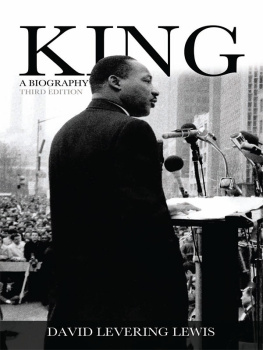
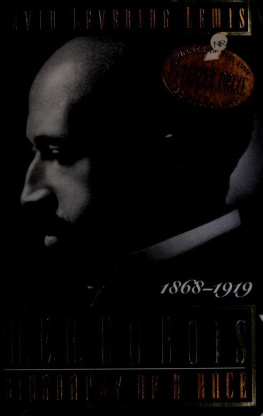

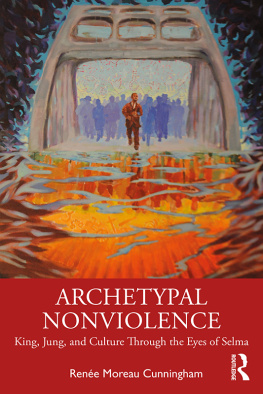
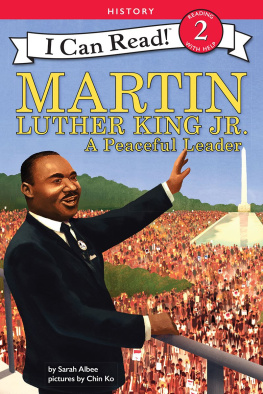

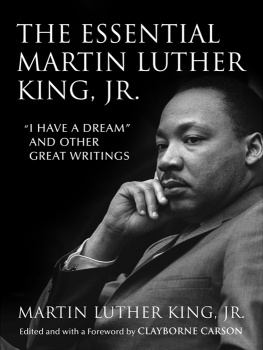


 This book is printed on acid-free paper.
This book is printed on acid-free paper.